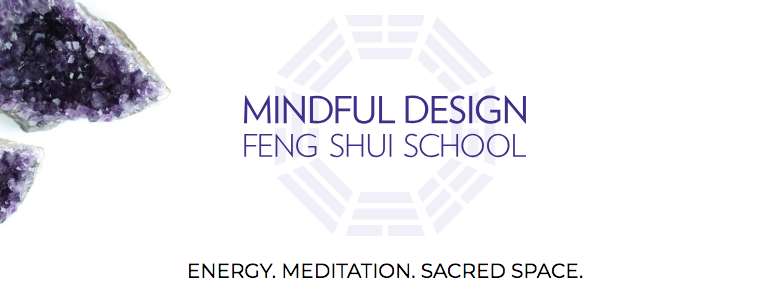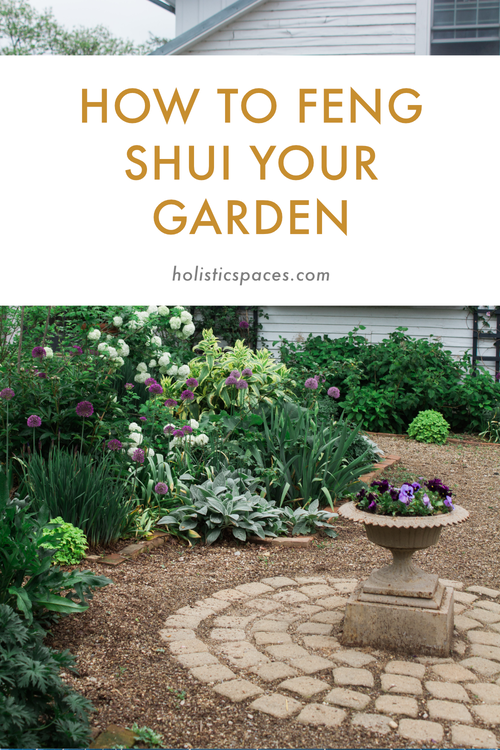Photo and design by Anjie Cho Architect PLLC
If you’re new to feng shui, getting started can sometimes feel a little overwhelming. If it feels like a lot, remember that you don’t need to do the feng shui of your whole home right away! I always recommend starting with your bedroom. Your bedroom is a great place to begin, because it represents you, and it’s the most personal, private part of your home.
One of the first things I look at in a bedroom is the position of the bed. Ideally, your bed should be in the command position, which means that you can see the main entryway to the bedroom when you’re sitting up against the headboard. A lot of times, people don’t have their bed in command, which often corresponds with poor sleep and increased anxiety. It’s a good idea for everyone to have their bed in command if possible, because it helps you feel more at ease and more in control of your life. If you can’t put your bed in a position where you can see the door, you can add a mirror to correct this. The mirror should be located so that you can see the reflection of the door from your bed.
You also want to avoid having your feet pointing directly at the door if possible. If you can move your bed to offset it from the door, that is the best thing to do. However, if you have a smaller bedroom and aren’t able to position your bed in this way, you can correct the flow of qi fairly simply by placing a feng shui crystal halfway between the foot of your bed and the door to your bedroom. To learn more about feng shui crystal balls and how to hang them, check out this episode of the Holistic Spaces Podcast.
The next thing to look at is your headboard. It’s important to have a solid headboard that’s securely attached to your bed. A headboard offers support, and it helps you to feel more grounded and secure. You can think of it like a mountain behind you, providing a solid backing. In BTB feng shui, which is the school of feng shui that I practice and teach, we are not especially concerned with what the headboard looks like, although you do want to look for something that feels sturdy and solid. Generally, I’d recommend something either upholstered or wood. So many people, especially young people, tend to forgo a headboard, but it’s really important when it comes to creating stability in your life and in your romantic relationship.
The last tip I’ll share is to take a look at your window treatments. Often, when I have a client who is having trouble sleeping, they don’t have very good window treatments. Sometimes, they don’t have any window treatments at all. I would recommend you look for good-quality curtains or blinds with a blackout capability. One reason feng shui practitioners talk a lot about window treatments and lighting is that they really affect the yin and yang of a room. Yin is restful, quiet, dark, and cool, which is the perfect environment for sleep. By adding blackout blinds or curtains, you’re bringing in yin energy to support restful nights. In the morning, you want to be able to open your window treatments and let in the bright, yang energy of sunlight as you begin your day.
If you’d like to learn more about feng shui, check out Mindful Design Feng Shui School at: www.mindfuldesignschool.com






